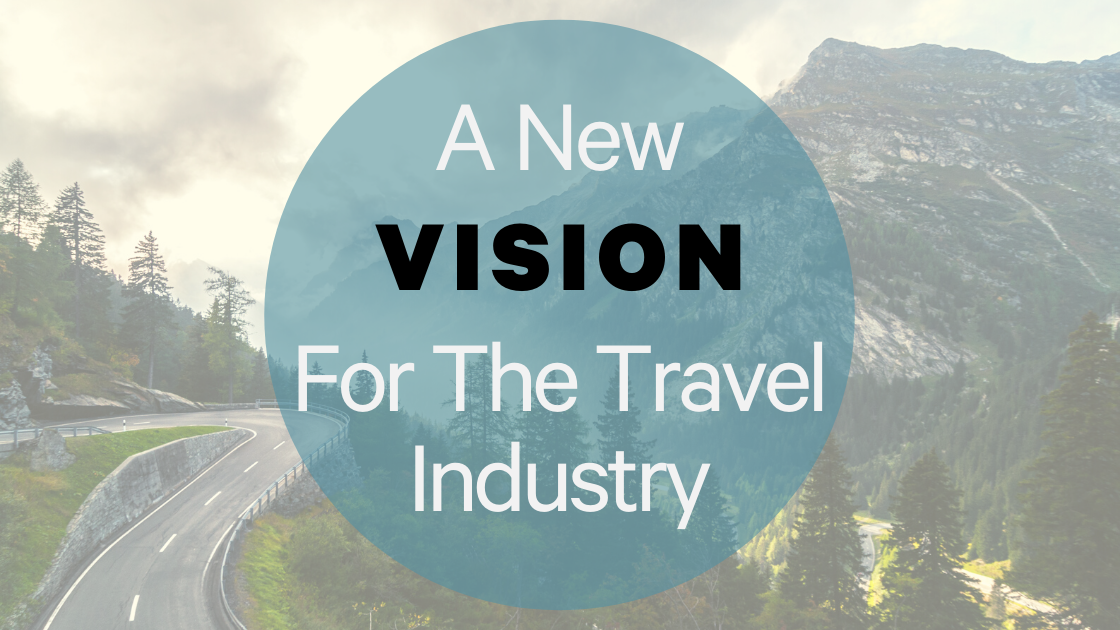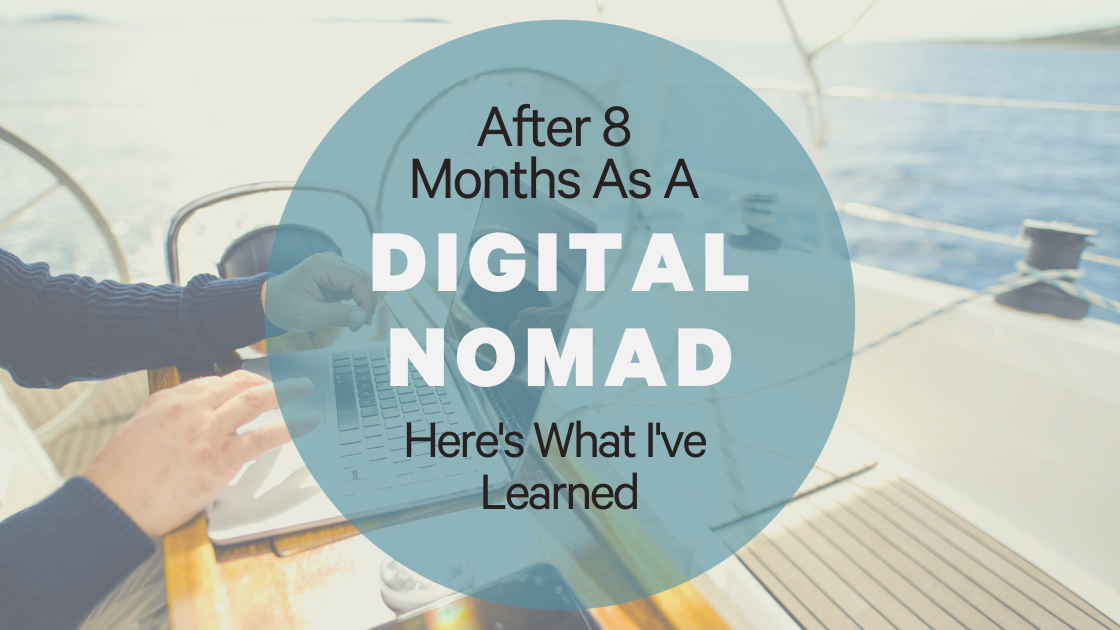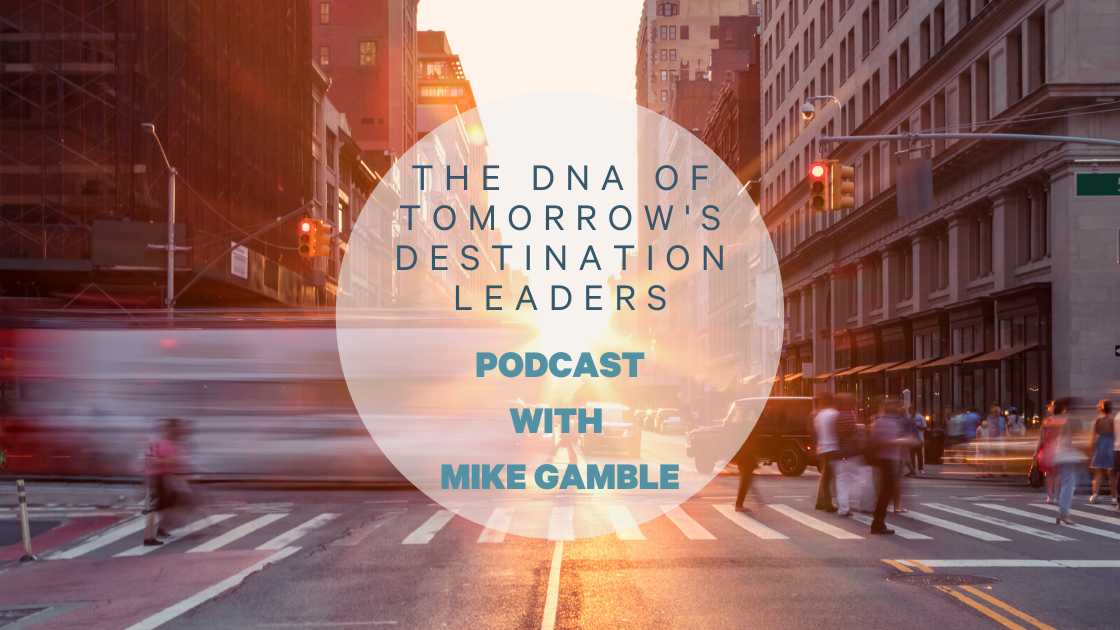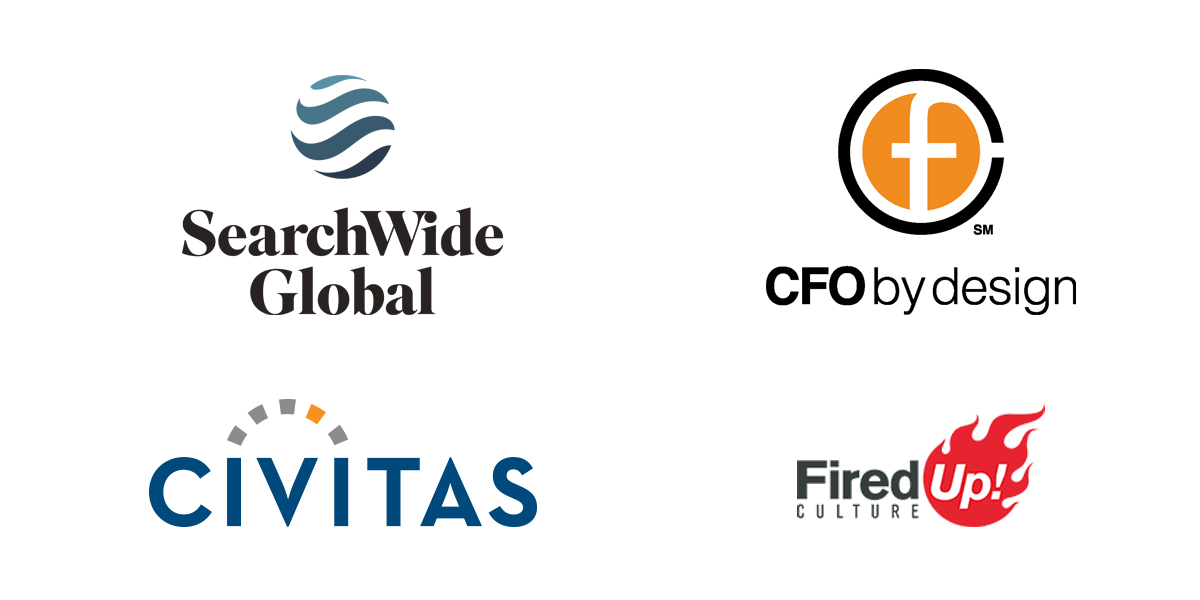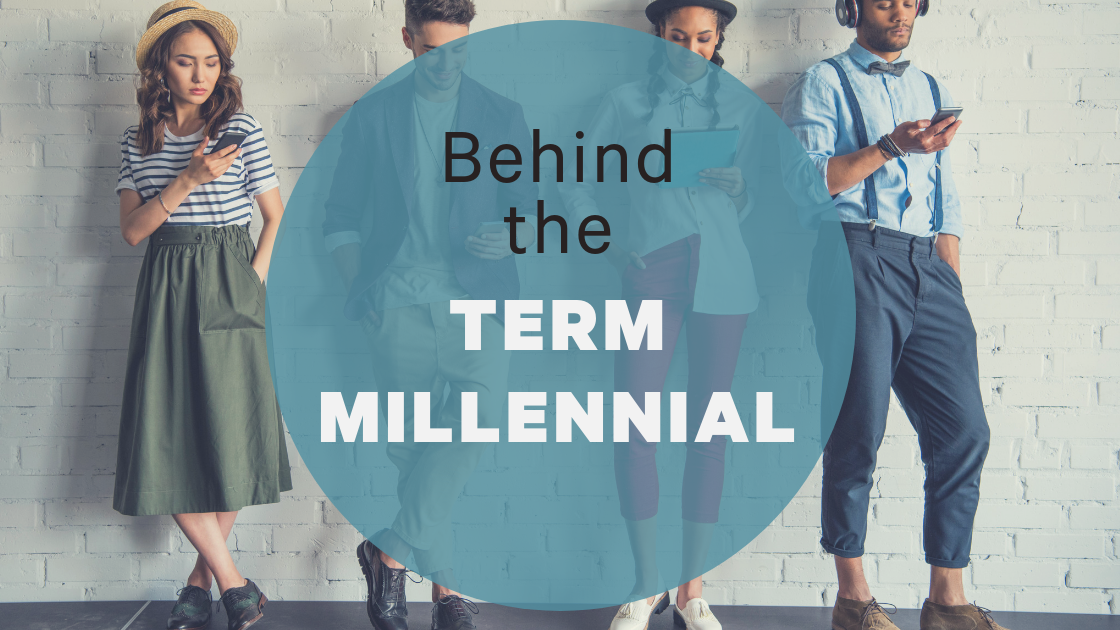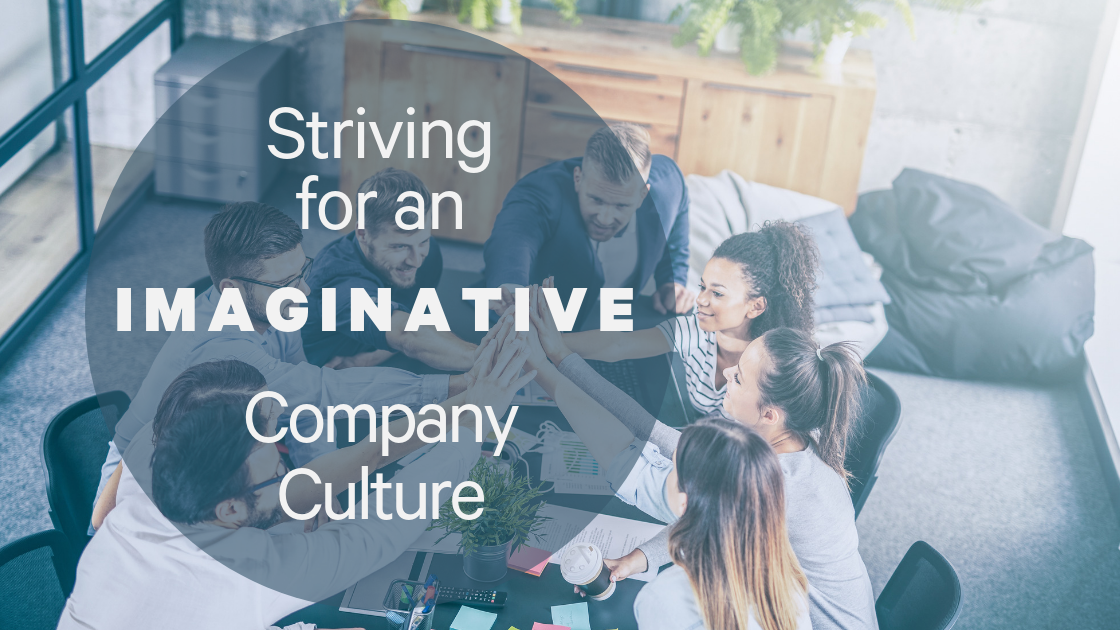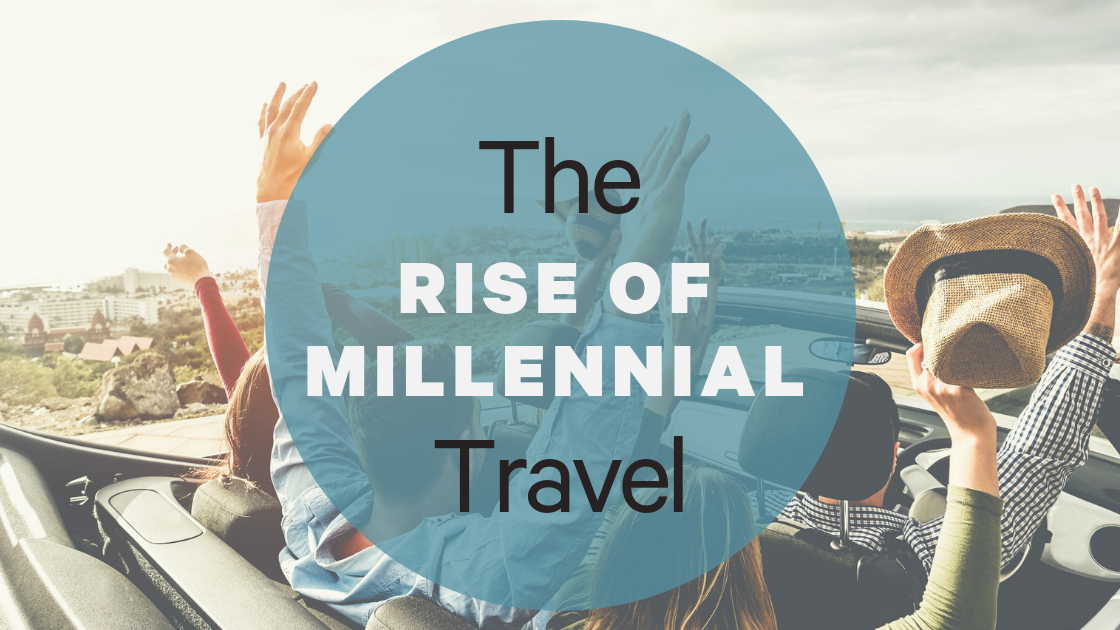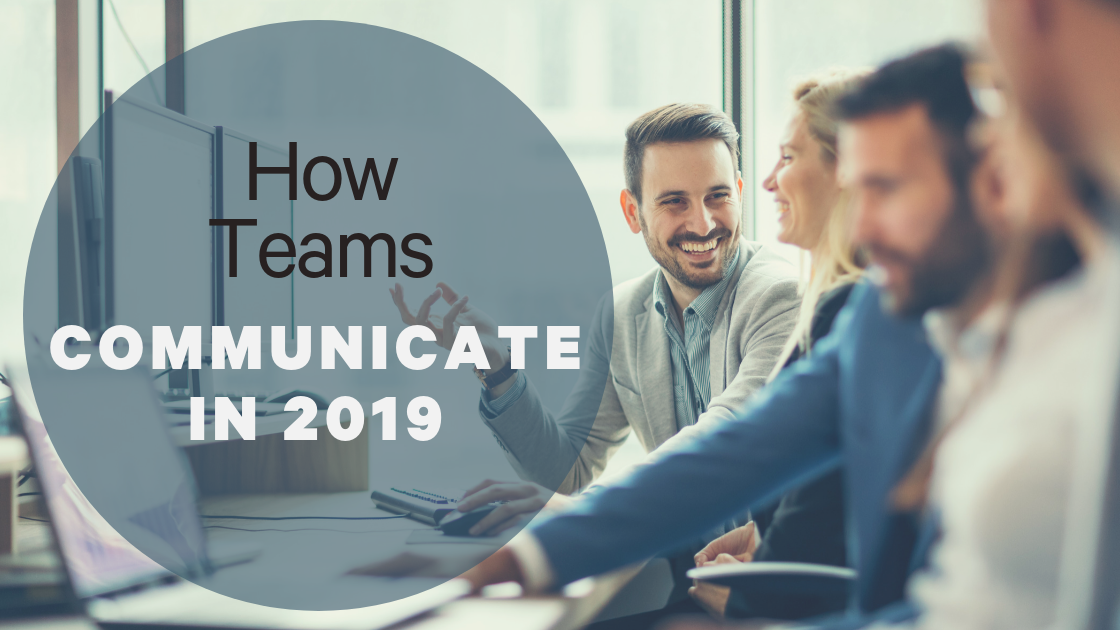Written by: Elizabeth McHeffey
“Work-life balance” has been an ongoing discussion ever since the digital age revolutionized our ability to remain connected, and it is a concept that Millennials and GenerationZ prioritize. The term “work-life balance” is a bit unfitting in my opinion, in that it would imply that there is a perfectly even distribution or a trade-off of both work and life. As Gary Sherwin with Visit Newport Beach says:
“The term work-life balance is challenging…it is all LIFE!”
And he is right: it is all life. Instead, my colleagues, peers, clients, and friends tend to prefer work-life harmony, work-life immersion and work-life flow. And the ultimate goal of this harmony is to make your career and professional life blend effortlessly with your personal life. Because at the end of the day, it is all life! Let’s take a dive into the evolving workplace within our travel and tourism industry and see what types of initiatives organizations are offering surrounding this topic.
Flexible Work Hours
Work flexibility in the past meant coming in late for the occasional doctor’s appointment or because you had to bring your kids into school, but this has been redefined in recent years. Millennials and GenZ-ers are looking for less compartmentalized and traditional work hours and more fluidity. Maybe Alisha, is just not a morning person. Or maybe she wants to ski that morning and come to the office from 12-8. Or maybe she wants to go out to lunch and take a yoga class midday to re-center. Why? To gain the work-life flow that she is craving.
Companies like Visit Newport Beach, Visit Wichita and others have initiated 9/80 workweeks and are prioritizing flexibility. Colleen Costello with Visit Newport Beach talked to me about how her office works an hour longer each day to allow for every other Friday off. She shares that this elevates productivity in her personal life when she has the days off and her professional life when she is in the office.
“It frees up your life in a way that you didn’t know you needed. Those Fridays, both of them, end up being your most productive days of the week.”
Susie Santo with Visit Wichita explains, “As far as set hours, there is a lot of flexibility amongst our staff. They do not need to be 8-5 at their desks.” She continues, “I really looked at what are the barriers that would prohibit one of my employees from being the healthiest and best they can be. Is it time? How do we create a more flexible workspace? Really trying to instill that ‘Okay, you can get up and work out if you want to work out in the middle of the day’. Or trying to be more mindful around scheduling meetings and people working out in the morning.”
It is certainly a paradigm shift in traditional thinking, but according to this Forbes article, working untraditional workweeks or workhours can ultimately benefit the company. The survey results reveal that only “7% of workers say that they were most productive in the office during regular hours.” I don’t know about you, but that number is shockingly low to me. Of course, flexibility is not feasible for all industries or positions, but for those that it is, companies may want to reconsider work schedules to allow for work-life immersion and to encourage employees to work around their productivity peaks. Win-win for all!
Flexible Workplace
Piggybacking off of the previous section, flexibility in where you work is also a big factor surrounding that harmony of work and life. Whether you are simply working remote on Fridays or you are a full-time digital nomad, flexibility in the workplace is important to many I have chatted with. According to this Article, over 4.8 million Americans consider themselves digital nomads and 17 million are aspiring to one day be ‘nomadic’. This number may be a bit inflated and could include part-time remote workers, but either way it is a high number that does not look to be slowing down.
Personally, having the ability to engage in the digital nomad lifestyle has been a life-changing experience. It has been an opportunity to remain with my company and continue on my career trajectory, while fulfilling a personal passion to explore North America. In my experience, it has allowed me to have freedom and flexibility, inspiration, an active and healthy lifestyle, all while immersing myself in the diversity of our nation, growing my network and meeting people from all walks of life. Traveling while working absolutely puts an emphasis on productivity during those hours that you are working because you don’t know if Wi-Fi will grant you the ability to finish a project tomorrow. All in all, it blurs those lines of work and life more so than I have experienced in the past, creating a unique flow.
Evolving Benefits
Other ways that Millennials and GenZ-ers look to companies to provide improved work-life immersion are through benefits programs. Many organizations, such as non-profit Destination Marketing Organizations, are sometimes simply not able to offer extremely high salaries. So, some companies, like Visit Philadelphia, are listening to what Millennials and GenerationZ want and increasing paid days off to make their entire package more enticing and make their employees happy.
Erica Shurmur, Sports Coordinator with Visit Philadelphia says, “We all get a lot of PTO. They are doing a really good job making us all happy and keeping us happy with things that are not our salary.”
Other companies, like mine here at SearchWide Global, are listening to our generation and our desire to have a fulfilling and rewarding component to our lives. A more modern benefit is offering paid volunteer days, dubbed by many as “VTO” or volunteering day off. This allows employees to feel fulfilled personally without stressing about finding the time to volunteer after hours or need to take a vacation or personal day.
Another rising trend that aids in that harmonious relationship between work and life is family benefits. With Millennials currently between the age of 23 and 38, many have a family or are beginning to think about starting a family, so having comprehensive family benefits are a rising priority. According to this Forbes article, Dow Jones offers family-friendly benefits such as maternity leave, return-to-work benefits, parental educational counseling, and on-site daycare.
Lifestyle Support
Unfortunately, a lot of individuals that work within the hospitality industry just don’t have an option to work remotely and are instead working on-property at a hotel or restaurant, working long workdays. But this isn’t stopping some companies from bringing lifestyle support into the workplace and improving the work-life flow experience.
The Fairmont Chateau Lake Louise being a resort property in a fairly remote location, many of their employees live in on-site staff accommodations. They have an employee devoted solely to investing in their colleagues and making their environment more supportive, malleable, integrative and fun. The Lifestyles Manager coordinates events such as white-water rafting, oversees their in-house employee gym membership program and their rental program, where employees can rent anything from bear spray to paddleboard to tents. He hosts events such as trivia night and paint night and encourages colleagues to sit down with Benefits Advisors to make sure they are taking full advantage of all benefits offered. They put a strong emphasis on improving employees’ lifestyle experience, bringing things into the office and allowing easier accessibility outside of the office.
“One thing that we do here, that is unique to our property, and that is recently picking up in our region is we have a program and a manager that is dedicated just to our colleagues’ lifestyles. They are called a Lifestyle Manager [Chris], and his sole job is to create the best possible experience for our colleagues.” Rebecca Kistner, Assistant Director of Talent & Culture explains. She continues, “His whole job is ensuring we have enough work-life balance, especially given the environment we are in….His events and programs are focused on well-being. Chris is taking a holistic approach on well-being; not just looking at the physical well-being, but the mental well-being. Ensuring that colleagues are utilizing their benefits and are aware of all our programs that we have available to them. Taking it as far as financial well-being – are colleagues aware of our pension program? He is taking a holistic strategy on well-being in general.”
Visit Wichita echoes the 360-degree lifestyle support approach by bringing those initiatives into the office, knowing that time is valuable to their employees outside of the office. Susie Santo explains,
“One of our big pieces that taps into wellness is that we have hired Life Coaches. We have a Life Coach that comes in twice a month and the team can sit down with them confidentially.” Employees have the opportunity to speak with this person during office hours about any goals, personal or professional, that they are looking to achieve; something that many would get too busy to do outside of work.
In closing, the immersion of work and your life outside of work is an everchanging and dynamic concept, that no doubt will continue to grow and evolve over time. Companies should continue to be forward-thinking and openminded about the immersion and blend of work and life and see how to make small, incremental improvements that work in today’s modern society. No need to make huge waves but start with small ripples and go from there. I’ll leave you with this last quote from Casey Adams Jones, Corporate Communications Manager, with Visit Philadelphia:
“As Millennials and Gen-Zers become more conscious about the importance of mental health, we are looking for organizations who encourage work-life flow. I say flow because the concept of balancing work and life, and even relying on the two to be “balanced” is not achievable for most. Pressures from work and life fluctuate. Instead of focusing on how to balance the two, it’s more effective to embrace that there will be a flow in life where work is more hectic than life and vice versa. There will also be moments where the two are coming full force. For this reason, our generations are attracted to employers who support us whether it be through offerings such as a flexible work schedule, working remotely, or a generous amount of paid time off.”
Elizabeth McHeffey is our digital nomad. During her travels she’ll be diving into topics and trends surrounding the generations in the workforce, stopping along the way to meet with industry leaders that are making waves and reinventing how we work. What we’re calling, “The Remote Route.”
[mkdf_button size=”” type=”” text=”Read more about The Remote Route Here” custom_class=”” icon_pack=”font_awesome” fa_icon=”” link=”https://searchwideglobal.com/blog-why-searchwide-global-has-one-millennial-employee-embarking-on-a-digital-nomad-lifestyle/” target=”_self” color=”” hover_color=”” background_color=”” hover_background_color=”” border_color=”” hover_border_color=”” font_size=”” font_weight=”” margin=””]
SearchWide Global is a full-service executive search firm primarily for companies in Destination Organizations / Hotels & Resorts / Venue Management / Experiential Marketing, Tradeshow & Exhibition / Industry Associations / Sports & Entertainment. Specializing in C-Level and Director level executive searches for companies ranging in size from Fortune 500 corporations to mid-sized public and private companies and associations. Founded in 1999, SearchWide Global headquartered in St. Paul, MN, USA and operates worldwide.
